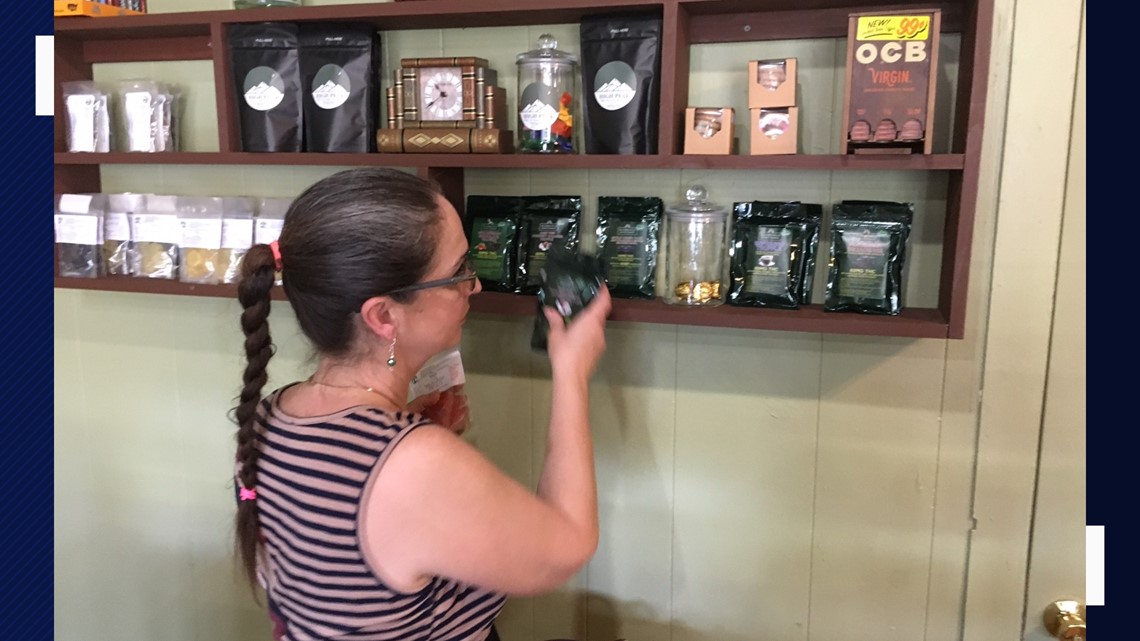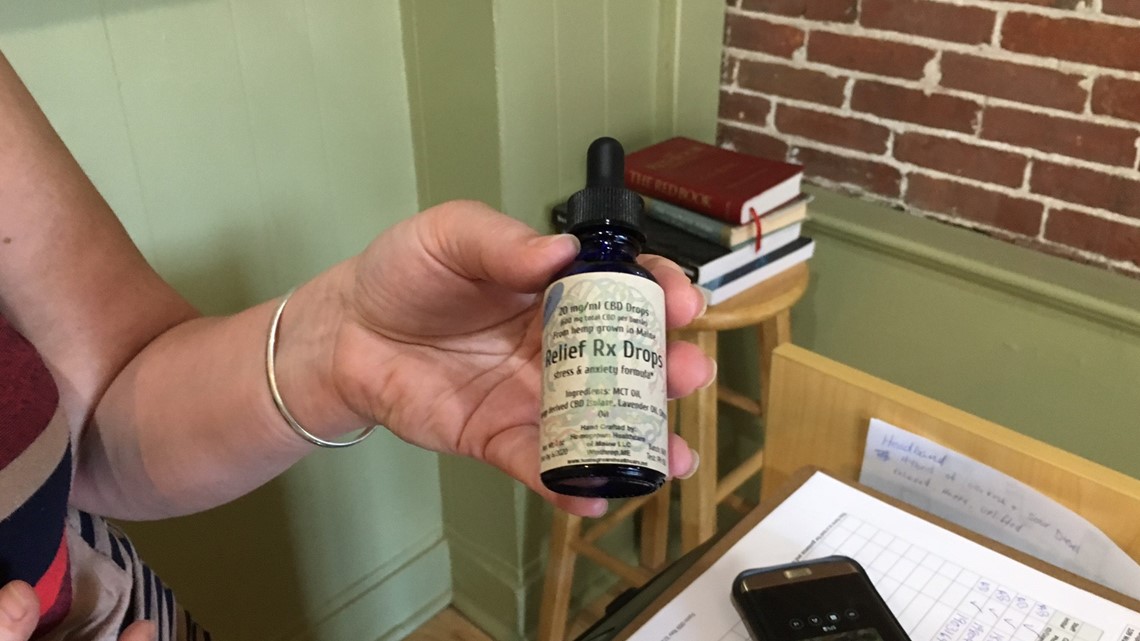AUGUSTA, Maine — Inside her shop on Hallowell’s Main Street, Catherine Lewis shows cookies, candies and gummies she makes, all containing the active ingredient from marijuana.
The state is proposing strict rules for those edibles -- how they’re made and packaged, and how much THC they can contain -- as part of extensive rule making to start Maine’s adult use marijuana program.


Voters approved adult use marijuana sales in 2016. It took from then until last spring for the Legislature to pass a refined set of regulations for marijuana sales.
Now, the state’s small Office of Marijuana Policy is asking lawmakers to approve the detailed rules to allow licensing and retail sales to actually begin.
"I think we will see a lot," says Lewis. "There are people already in place securing their storefronts, securing their grow areas. It’s a matter of time before they will come out in the open, do applications, get licenses and open."


But the rules need to become law before that can happen. A Legislative committee held a public hearing on those proposed rules Monday afternoon.
Maine Marijuana Policy Director Erik Gundersen says they have made changes in those rules as a result of public comments over the past month. He also acknowledged there are lots of people and communities waiting for the rules to become law.
"A lot of towns and cities before they opt in on ordinances are waiting to see what the state's doing. So once this is passed and signed by the Governor, it will give a lot of answers to what the towns are asking for," Gundersen told NEWS CENTER Maine.
There is still controversy regarding one aspect of the rules. The President of Wellness Connection, Maine’s largest medical marijuana provider, told lawmakers the proposed rules requiring marijuana facilities be majority-owned by Maine residents pose problems for her business, which has its largest investors outside of Maine.
“"We can only support the rules if these changes are made," says Wellness Connect CEO Patricia Rosi.
Members of the Veterans and Legal Affairs Committee asked Rossi’s attorney to provide them with details of the problem and proposed changes.
But Gundersen told the committee there are reasons for the residency rules.
"These rules are designed to prevent what we have seen in other states, complex business models that have hidden revenue and ownership interests."
It will be up to the committee to sort the issue out in just a few weeks’ time.


Meanwhile, Catherine Lewis said people in the marijuana business should keep in mind they are part of a massive change in Maine law and society when it comes to legal cannabis.
“You don’t get the opportunity to participate in a brand new industry that’s been completely prohibited for so long. This is history in the making.”
All are hoping the Legislature will pass the rules before they adjourn at the end of June. They would officially become law 90 days after lawmakers adjourn.
Even then, there will be more work to do to create needed rules for testing marijuana and tracking it from the plant to the final sale, to make sure everything that grows is accounted for and doesn’t somehow escape into the black market.

